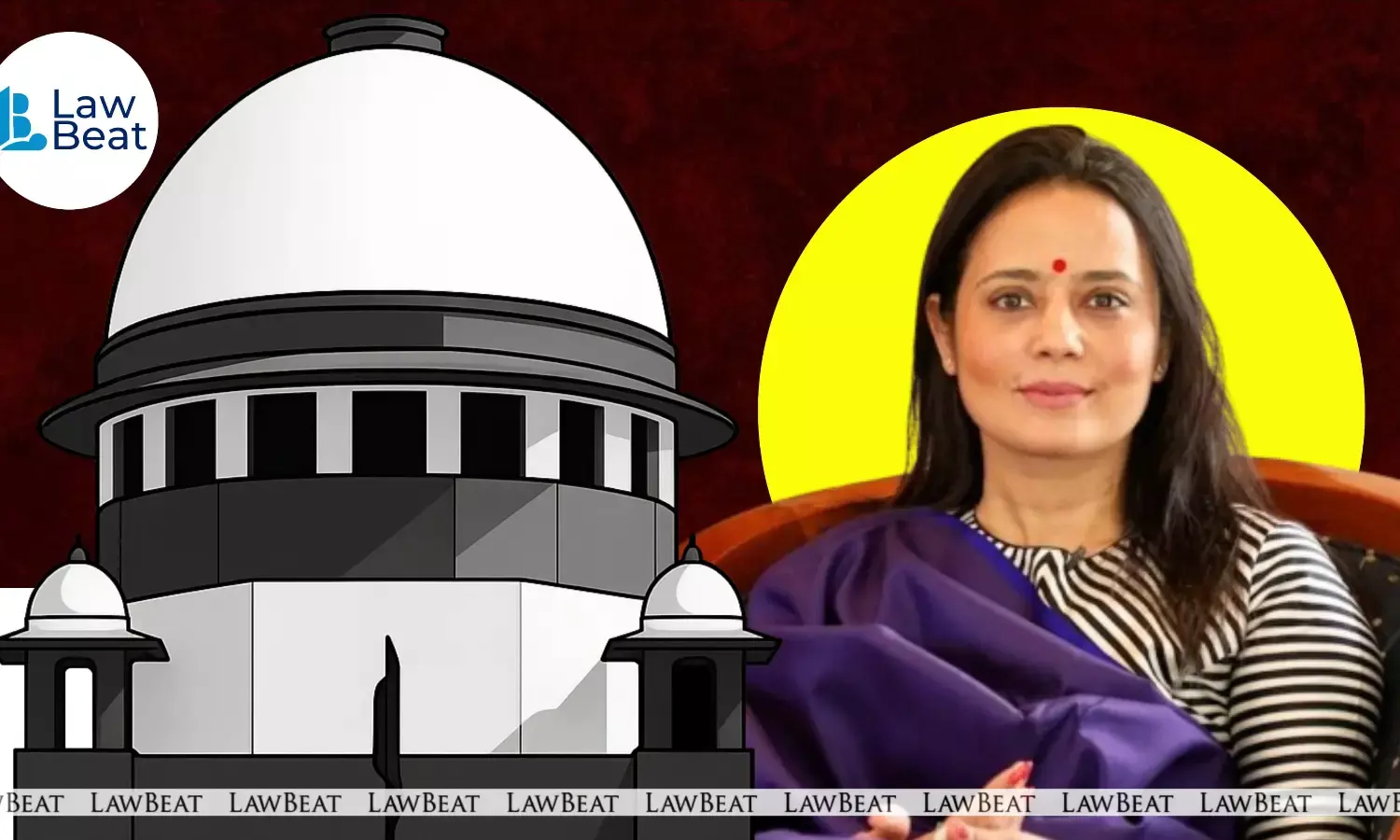Supreme Court Allows Mahua Moitra to Amend Petition Seeking Full Disclosure of Beneficial Owners in AIFs, FPIs

SC grants time to Mahua Moitra to amend her plea seeking SEBI’s mandatory public disclosure of real owners behind FPIs and AIFs
The Supreme Court on Tuesday heard TMC MP Mahua Moitra’s fresh plea seeking directions to SEBI to mandate full public disclosure of Ultimate Beneficial Owners (UBOs), Last Natural Persons, and portfolios of Alternative Investment Funds (AIFs), Foreign Portfolio Investors (FPIs), and their intermediaries operating in India.
The Bench of Justices BV Nagarathna and R Mahadevan closely examined the scope and basis of the petition, raising concerns over its vague nature and suitability under Article 32.
Advocate Prashant Bhushan, appearing for Moitra, argued that with over Rs.1 lakh crore invested through AIFs and FPIs, neither the public nor SEBI has clarity on who ultimately controls these investments. He pointed out that many shell companies are used to obscure ownership, citing examples where funds were labeled under names such as “Global Opportunities Fund” while the real beneficial owner remained undisclosed. He referenced the Adani-Hindenburg case as an illustration of potential regulatory circumvention.
Justice Nagarathna observed that SEBI’s reply to Moitra’s representation was limited and had not involved examination of actual documents.
The Court also noted that a beneficial owner may not always be a natural person but can be a corporate entity, emphasizing that the plea sought public disclosure of information in the absence of any concrete evidence of violations.
When questioned about the purpose of disclosure, Bhushan maintained that without access to this information, violations could not be detected.
Justice Nagarathna countered that Article 32 cannot be used as a mechanism akin to a Right to Information request or a “roving enquiry” to fish out potential infractions.
Solicitor General Tushar Mehta submitted that the petitioner’s approach effectively sought to “fish out” potential violations rather than point to specific wrongdoing.
Justice Mahadevan added that unless SEBI’s reply was formally challenged, the Court could not examine the merits of the case.
Bhushan then agreed to challenge SEBI’s reply and was permitted to amend the petition accordingly.
The Bench directed that the amended petition should clearly specify the legal grounds and evidence, allowing the Court to consider whether such a disclosure order could be granted.
On October 9, the Court had noted that the petitioner could make SEBI’s reply part of the record and clarified that no notice has been issued in the matter yet. Appearing for SEBI, the counsel informed the Court that the Solicitor General (SG) Tushar Mehta would represent the regulator and that the issue had already been adjudicated.
Previously, on September 26, the Court had noted that in April, the Court had disposed of Moitra’s previous petition with a similar prayer, directing her to first approach SEBI with her grievances. During the hearing, Advocate Prashant Bhushan for Moitra submitted that a representation had already been made to SEBI, and the regulator had responded only after the filing of the current petition.
Justice Nagarathna observed, “So we will dispose of this petition with legal remedies open.”
Bhushan stated that he would treat SEBI’s response as a reply to the present petition and file a short affidavit to proceed. SEBI’s counsel argued that the petition could not continue without amendments, stating that a detailed reply had already been provided to all queries. Bhushan countered that no amendments were needed as his prayer remained the same. The Bench had adjourned the matter, granting time for Moitra to file the affidavit, keeping legal remedies open for future consideration.
Notably, in April, the Court had directed Moitra to make a formal representation to the Securities and Exchange Board of India (SEBI) regarding her petition on enhancing transparency and investor awareness in India’s financial markets.The Bench while disposing of her plea, clarified that once Moitra submits her representation, SEBI shall consider it in accordance with law.
The MP had emphasized that Mutual Funds are bound by strict disclosure regulations under the SEBI Mutual Fund Regulations, 1996, and SEBI Collective Investment Scheme Regulations, 1999. By contrast, AIFs and FPIs operate under opaque structures with minimal public accountability.
With foreign investment into India increasing, Moitra warned that absent transparency on UBOs, the market remains vulnerable to practices such as round-tripping, front-running, circular trading, greenwashing, tax evasion, and manipulation.
Case Title: Mahua Moitra v. Union of India
Hearing Date: October 14, 2025
Bench: Justice NV Nagarathna and Justice R. Mahadevan
